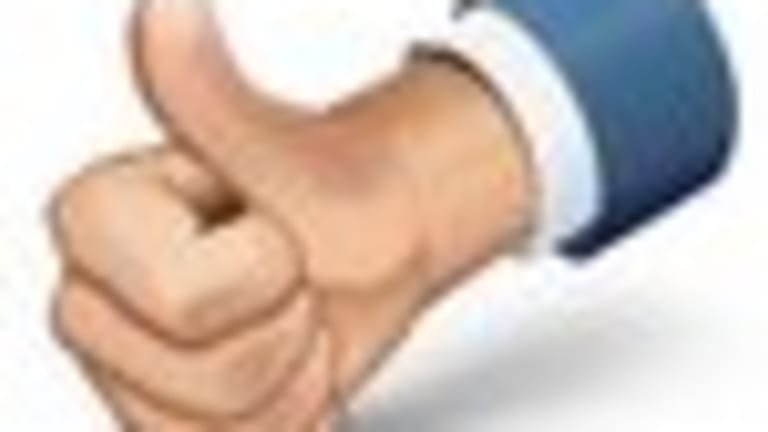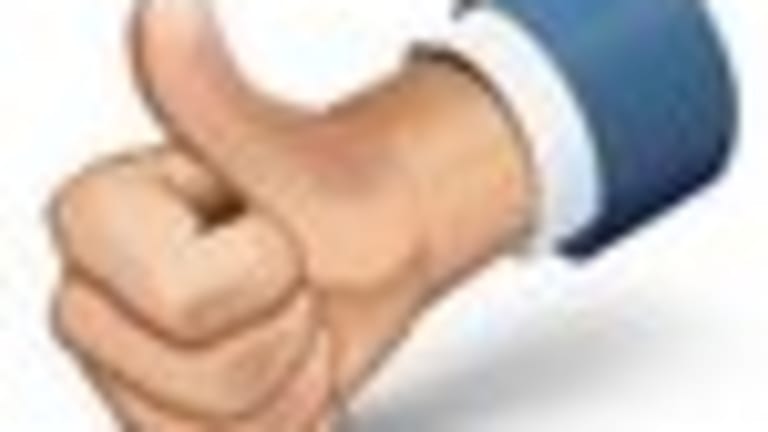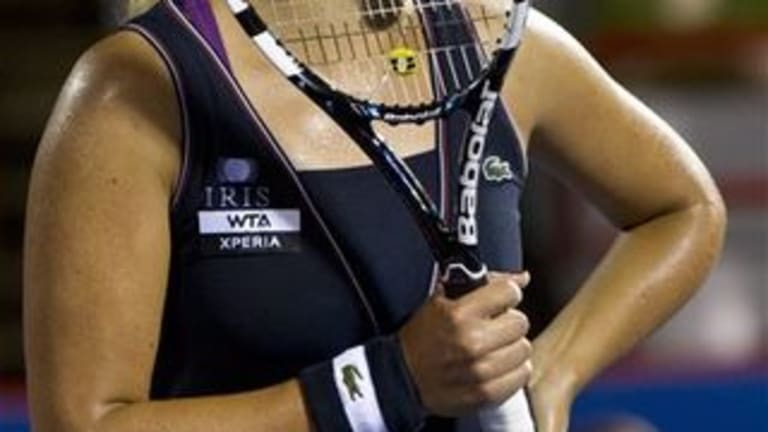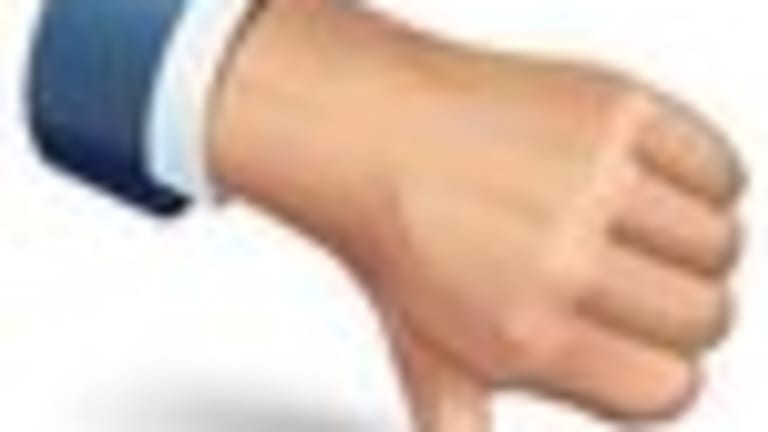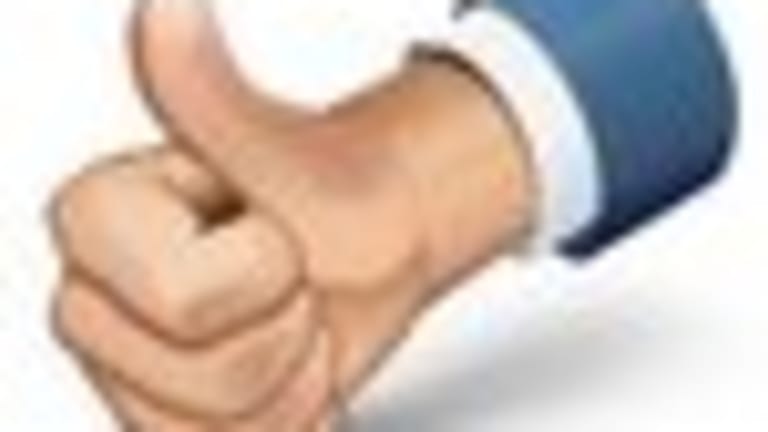!Pic
I suppose we could call this the post-Olympics ATW, as the Games ended just yesterday. I was away camping in the Adirondacks with the family a good part of last week, and I've been in the country (game-rich Andes, N.Y.) pretty steady since I returned from Wimbledon. By the time the Olympics closed down this past weekend, the tennis event seem like it took place ages ago.
I'm not a big fan of the Olympics; I think the original concept has been terribly bastardized and exploited — if not exactly for pure profit, then for something like the collective ego of the Olympics establishment.
I must admit, though, that the final two or three days, when the Games featured classic track-and-field events, sure got my attention each evening. The USA women's track team has got to be the coolest collection of women on the planet, period. And my son Luke has become a Usain Bolt fan. He's running around some hay bales outside as I write this, doing Bolt's signature point-to-the-stars gesture.
One thing I'm tired of, though, is all the treacle we're served about "sacrifice" at the Olympics — and elsewhere — when it comes to the high-achiever athletes. Having great ambition in sports and doing everything possible to maximize your success isn't making a "sacrifice," in fact, it's the absolute height of self-indulgence. Just as locking yourself up in a garret to write bad poetry instead of taking a proper job and/or leading a more conventional life, while fraught with some hardships, is also an act of profound, if not always wise, self-interest.
A sacrifice would be, say, giving up those athletic ambitions to care for a sick relative, raise a family, or to join the Armed Forces out of a sense of patriotic duty. Pro athletes, especially in remunerative sports like tennis, aren't all that different from others with high ambitions, including those reviled "one-percenters," who get up at 4:30 am in Westchester to be in the office by 7 am on Wall Street — only to get home by 9 that night. They believe they're making sacrifices as well, usually under the guise of providing for their families.
Okay, the latter don't do anything worth watching or admiring, and don't necessarily love what they do, which is one reason we're so attracted to athletes. But they're in it for roughly the same reasons; personal fame and wealth. The end is always personal gratification, which is why it's so tempting to cloak the process in terms of "sacrifice" or even bringing glory to the nation. You just pick your poison if you're one of those achievers.
So let's acknowledge the hard work, artistry, and inspirational nature of so many great athletes. Let's appreciate the ways they make the world a better place. But let's leave "sacrifice" out of it. They are lucky to be doing exactly what they want, and all for a glory that is first, foremost, and overwhelmingly personal.
Onward!
